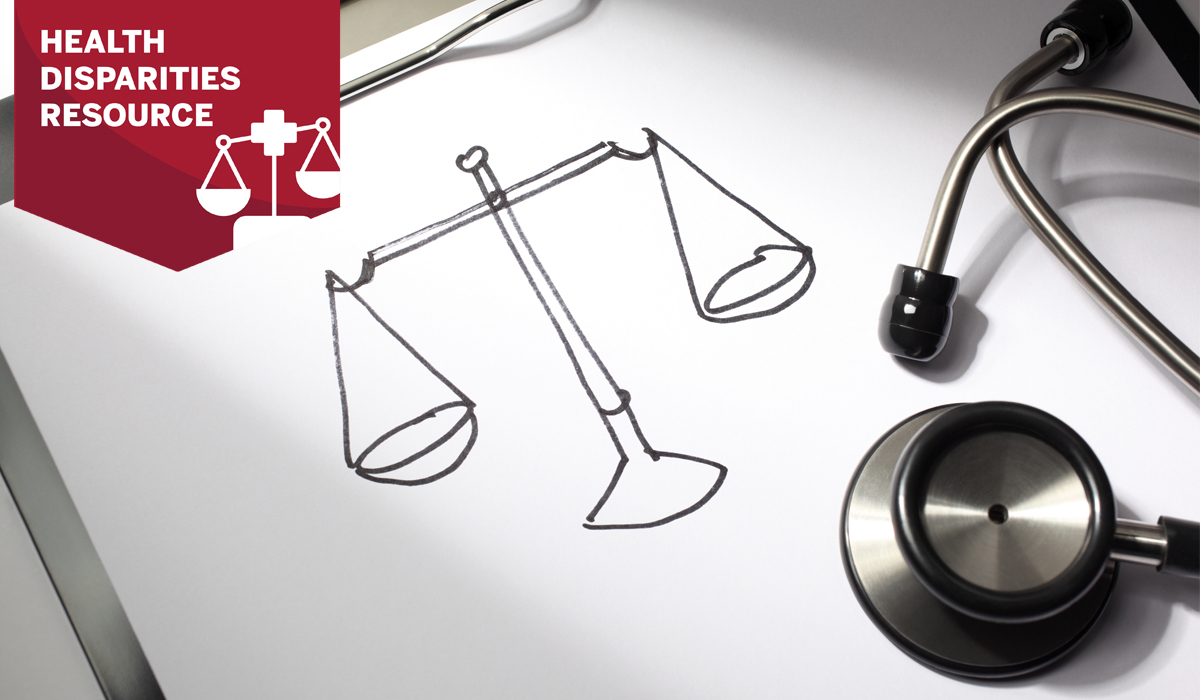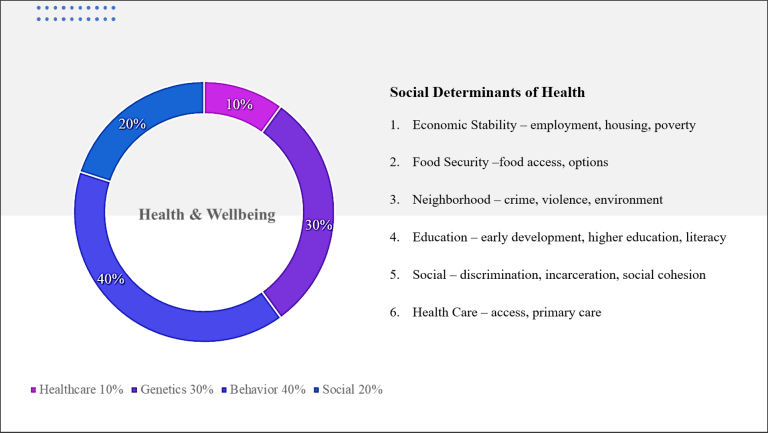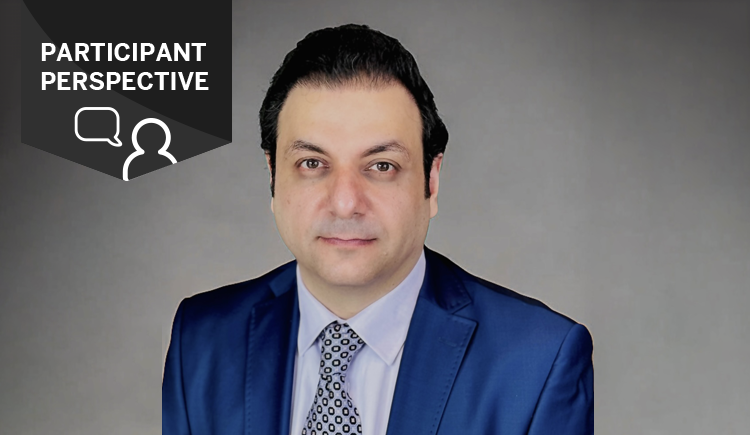
“Harnessing society’s full potential for optimizing health outcomes across the lifespan requires reaching out well beyond the health care system.” — The National Academy of Medicine
I’ve heard the argument that physicians should not get involved in social or political issues; however, I must disagree. This realm is very much where we need to be. Physicians have dedicated themselves to helping people and relieving suffering. Standing up for issues that protect the well-being of the people in our communities is central to our role as physicians. Issues such as equality, social justice, human rights, safety and access to care profoundly influence patient care.
Health care in the United States has the potential to be among the greatest in the world. However, we fall short of this potential because our health system is plagued with disparities and unaddressed social factors that influence health, well-being, and the likelihood of receiving appropriate care.
Unfortunately, many people in our country suffer poor health outcomes due to social inequities. This imbalance means that some people experience a disproportionate risk of disease and mortality, while others benefit from social advantages that protect them and keep them well. This is where physicians acting as advocates for social change can have a tremendous impact.
Social Determinants of Health: Why zip code means more than genetic code
It helps first to acknowledge the root causes of the many poor health outcomes observed in the U.S. Perhaps contrary to intuition, health care delivery only accounts for approximately 10–20% of the modifiable contributors affecting an individual’s health, well-being, and longevity. The other 80–90% is commonly referred to as social determinants of health.
The National Academy of Medicine and World Health Organization define social determinants of health as “the conditions in which people are born, grow, live, work and age. These circumstances are shaped by the distribution of money, power, and resources at global, national and local levels”.

Our health care system will continue to struggle to improve outcomes until we look beyond the individual patient at the endpoint of care to the ‘upstream’ socioeconomic causes of health problems that occur on the population level.
The Tradition of Advocacy in Medicine
”If medicine is to fulfill her great task, then she must enter the political and social life.” — Dr. Rudolf Virchow
Physicians have a long tradition of advocacy, particularly for the disempowered. For example, Dr. Rudolph Virchow was a 19th-century German physician considered by many as the father of pathology. When investigating a local typhus outbreak, Virchow identified poverty, famine, and political corruption as the root causes of the disease’s spread.
Virchow then outlined a revolutionary social reconstruction program to address the economic, social, and cultural factors contributing to the epidemic. A proponent of the concept that 'medicine is a social science,' he believed that physicians are responsible for working on behalf of the poor. He later helped develop policies leading to public health reforms.
A more recent example is an oncologist, who upon hearing about the eviction notice of their patient undergoing treatment, helped to suspend the eviction.
“The major health care challenges the United States faces—require a physician workforce with the passion and skills to advocate for public policies that will improve health and health equity.” — Gaurab Basu and Danny McCormick, Course Directors, Social Medicine and Health Advocacy Curriculum
Unfortunately, several studies have concluded that although physicians tend to endorse the idea of advocacy, not many engage in the activity. Learning about social determinants of health is not enough—the actions required for change demand a more extensive and continued commitment to health equity.
Modeling Support for Health Equity
Advocating for social change goes far beyond making charitable donations or going the extra mile for your patient. It is about advancing practices and policies that support health equity. Physicians have the opportunity to apply their expertise and influence to advance the health and well-being of individual patients and entire communities.
One example is Cambridge Health Alliance and their ongoing efforts to address HIV, domestic violence, global health, and disparities. The program involves health care professionals learning from community organizers, policymakers, and media. Ultimately, these lessons are applied to issues seen in patients. Other examples include Boston Medical Center’s housing program, Beth Israel Deaconess Medical Center’s efforts to eliminate food insecurity and child exploitation, and the White Coats for Black Lives movement aimed at dismantling racism in medicine.
For the physician interested in grassroots advocacy, research demonstrates that the most effective approaches require organizing a critical mass of activists to drive the momentum and facilitate ongoing support for the cause. Messaging is also critical to present a call to action that resonates with a broad audience and appeals to shared values. Finally, non-violent movements have been shown to be twice as effective in bringing about change. Effective grassroots advocacy can have a significant influence on public policies affecting communities.
Call to Action
As a physician, you can integrate advocacy into your daily practice without becoming a lobbyist or starting a movement. You can take steps to understand your patient’s community, address the social factors that influence their health, confront bias in practice, and develop processes that promote health equity.
The AAFP developed a framework to help physicians recognize and respond to the various social determinants of health that impact their patients’ health using a three-phased process—Ask, Identify, Act. Simply ask patients about their social needs, identify local resources to address issues raised, and act to help connect patients with these resources.
In our practice, we implemented a system that utilizes a social care network that connects patients with identified social barriers to care with appropriate programs and services in their communities.
The following are additional actions that physicians can take:
- Promote screening for social determinants of health in routine clinical practice
- Conduct research on solutions to the health equity gap
- Educate students and trainees about the influence of social factors on health outcomes
- Write Op-Ed/Opinion pieces to raise awareness about social medicine
- Support policies that benefit the well-being of the public
- Engage in community outreach programs
- Be a voice for the poor and the oppressed
As physicians, you and I can be champions for social change and improve the health and well-being of our patients and communities. Health advocacy can be weaved seamlessly into daily practice. We must remember the full extent of our calling and work to improve the status quo for all.


